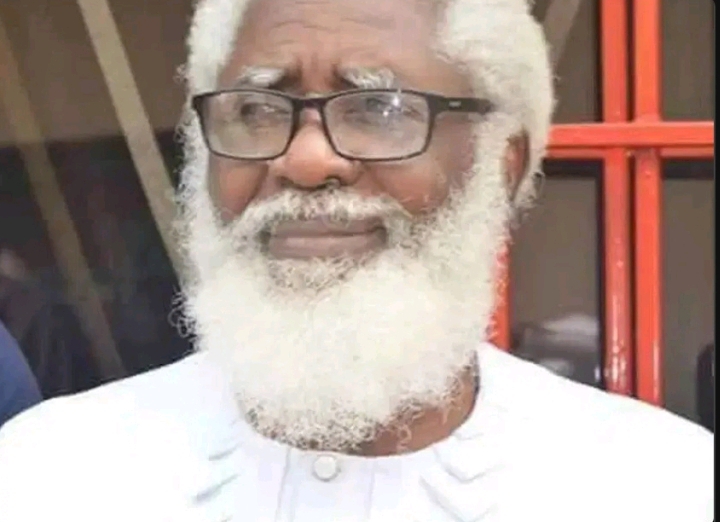According to Vanguard News, Dr Yemi Farounmbi, Nigeria’s former ambassador to the Philippines, reflects on what Nigeria has done wrong and what it ought to do in response to President Donald Trump’s threat to deploy U.S. troops to Nigeria to protect persecuted Christians.
Trump’s warning accused the Nigerian government of enabling what he described as Christian genocide. He claimed that, due to the government’s failure to provide security for Christians, the United States would intervene to safeguard them, identify the terrorists, and hold them accountable. This situation raises two important issues.
The first concerns Nigeria’s sovereignty. As a recognised member of the United Nations, Nigeria is a sovereign state and should not be subject to threats or coercion from another nation. From a diplomatic standpoint, any invasion by America would be inappropriate.
Their declaration, however, is permitted under U.S. law on international religious freedom, a law under which several countries, including Russia, China, and North Korea, have previously been labelled as nations of concern.
The second issue relates to the claim of genocide itself. While Nigeria has tried to dispute it, available evidence makes it difficult to fully dismiss.
The Catholic Bishop of Makurdi appeared before the U.S. Congress Foreign Relations Committee last year to testify on Christian genocide in the Middle Belt, providing data and detailed accounts. Yet, Nigeria did not respond.
This year, the Bishop returned with further evidence, citing Christians killed on Christmas and Easter and entire communities that had been wiped out. Nigeria remained silent, which, in effect, lent credibility to the claims.
It is well known that Boko Haram, the Islamic State of West Africa Province, and the Islamic State of Greater Sahara have been responsible for attacks on Nigerians.
In some cases, these terrorists are not native Nigerians; some were imported following the collapse of the Gaddafi regime, and others in 2014 were deliberately brought in to influence elections, with threats of making the country ungovernable if a particular party lost.
These facts are public, so outright denial is not enough. The government’s priority should be to follow directives from the President given to the new service chiefs to address the evolving nature of insecurity. Today, the main threat to Nigeria may not even be Boko Haram or ISWAP.
Farounmbi believes that Trump is unlikely to invade Nigeria, but his statements have highlighted the issue internationally. Recent reports show terrorists fleeing Nigeria because they are not native to the country.
In the Northeast, over 30 captives were freed after military operations dismantled terrorist camps. Such decisive actions to protect all Nigerians, regardless of religion or social status, are what should continue.
Captured terrorists must face justice. Past cases, like the killing of Deborah, saw no prosecution. Changing this approach will show the world that the government does not support or collaborate with terrorists.
In today’s real-time reporting environment, diplomatic silence is no longer an option. Protecting citizens fairly is the first step to improving Nigeria’s image.
Farounmbi emphasises that Nigeria must resolve its own issues. External pressures from powers like the U.S., China, and the EU cannot substitute for internal reforms.
Even if perpetrators are foreigners, the crimes occur on Nigerian soil. Evidence, such as the French-accented Fulani language noted during Sunday Igboho’s operation in Igbo Ora, shows the presence of non-Nigerians. Past inaction has been costly; immediate action is now essential.
He said, “In my village, there are Fulani families who have lived there for more than 100 years. Their children bear Yoruba names and speak better Yoruba than I do.”
Historically, Nigeria’s diverse ethnic groups including Fulani, Hausa, Yoruba, Igbo, and over 350 others have coexisted peacefully. Imported terrorism threatens that harmony, making it critical to act decisively to secure the country and preserve the peace Nigeria has long enjoyed. View, More,
Explore More News By Using The Button.

